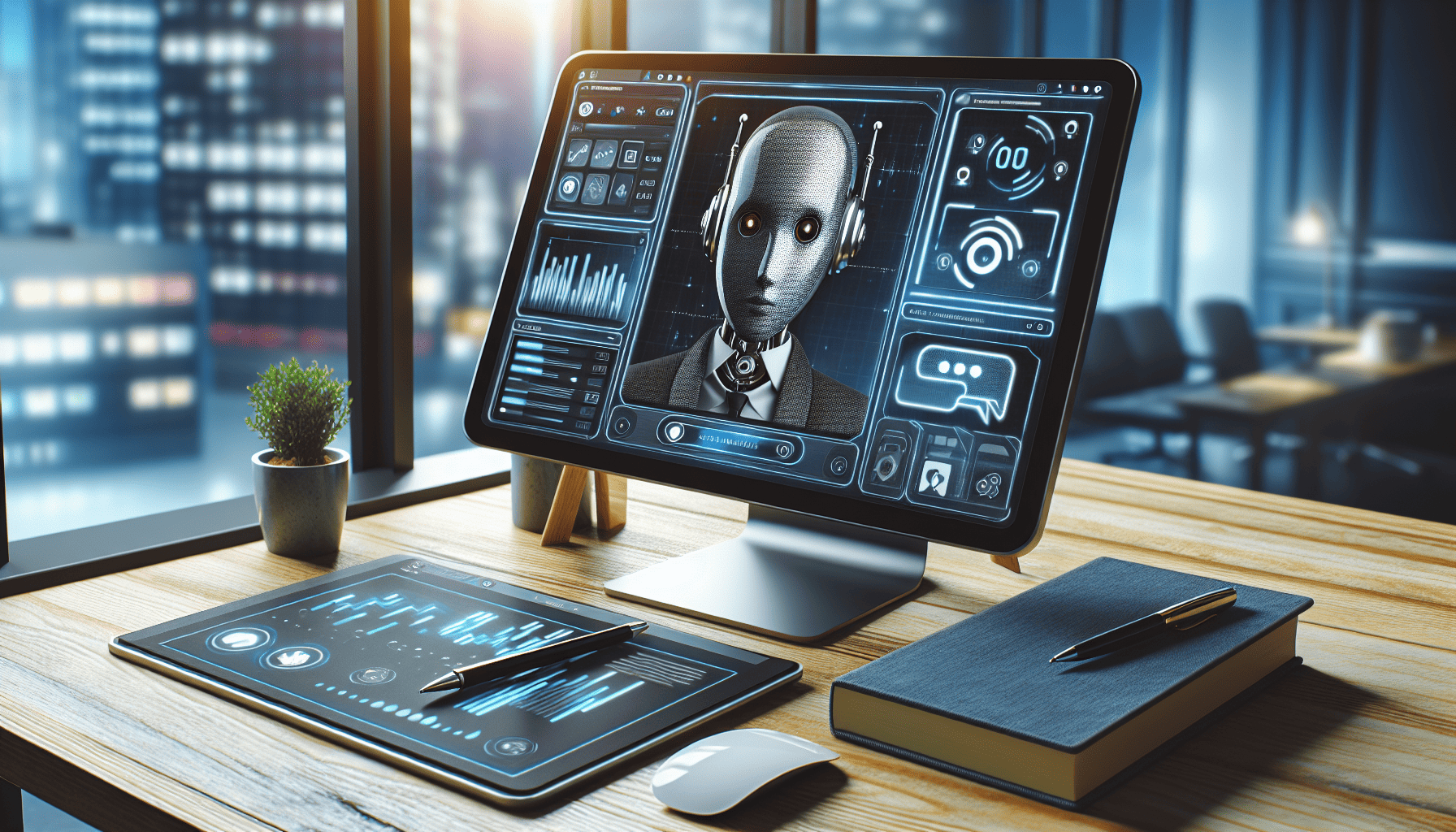In today's fast-paced digital landscape, businesses are constantly seeking innovative ways to improve their service delivery and enhance customer experiences. The advent of cutting-edge technologies has provided a plethora of options for companies to connect with their clientele in more meaningful and efficient ways. From AI-powered chatbots to sophisticated Customer Relationship Management (CRM) software, technology is fundamentally reshaping the business-customer interface.
One of the most significant innovations in this arena has been the development of AI chatbots. These intelligent virtual assistants are revolutionizing the way businesses handle customer inquiries. Unlike traditional customer service channels that may involve extended wait times or limited hours of operation, AI chatbots offer 24/7 support. They are equipped to handle a wide range of questions, provide instant responses, and solve basic issues without human intervention. The benefit is twofold: customers receive swift assistance, while companies can allocate human resources to more complex tasks, enhancing overall operational efficiency.
Moreover, AI chatbots are continually evolving through machine learning algorithms, enabling them to understand customer emotions and tone. This advancement allows for more personalized interactions, contributing to a more satisfying customer experience. For example, if a customer expresses frustration, a chatbot can escalate the issue to a human representative who can provide a more tailored solution. This seamless integration of AI and human support ensures that companies remain empathetic and responsive to customer needs.
In addition to AI chatbots, the implementation of advanced CRM software has proven invaluable in transforming customer relations. Modern CRM systems offer an all-encompassing view of customer interactions across various channels such as email, social media, and phone. This centralized data repository enables companies to track customer behaviors, preferences, and feedback to craft highly personalized interactions. By analyzing this data, businesses can anticipate customer needs and deliver timely solutions, thereby cultivating stronger relationships and fostering loyalty.
Furthermore, the integration of CRM with artificial intelligence further amplifies its capabilities. AI algorithms can analyze vast amounts of data to identify trends and predict future customer needs, allowing businesses to proactively address potential issues before they arise. This predictive insight enables companies to offer tailored suggestions, products, or services, making every customer feel valued and understood.
Another technology making waves in the customer service sector is the use of augmented and virtual reality (AR/VR). AR/VR solutions are providing immersive experiences that enhance customer engagement. For instance, in the retail industry, customers can virtually try on clothes or preview furniture in their home setting using AR technology before making a purchase. Such applications not only improve confidence in purchase decisions but also reduce returns, leading to a more efficient sales process.
In conclusion, leveraging technology for better service is no longer an option but a necessity in the competitive business landscape. By harnessing the power of AI chatbots, CRM systems, and AR/VR, companies can create more dynamic, personalized, and efficient customer interactions. These technologies not only improve operational capabilities but also build lasting customer relationships by ensuring that every client's experience is positive and memorable. As technology continues to evolve, businesses that embrace these tools will likely set higher standards in customer service, securing a distinct advantage in the marketplace.
